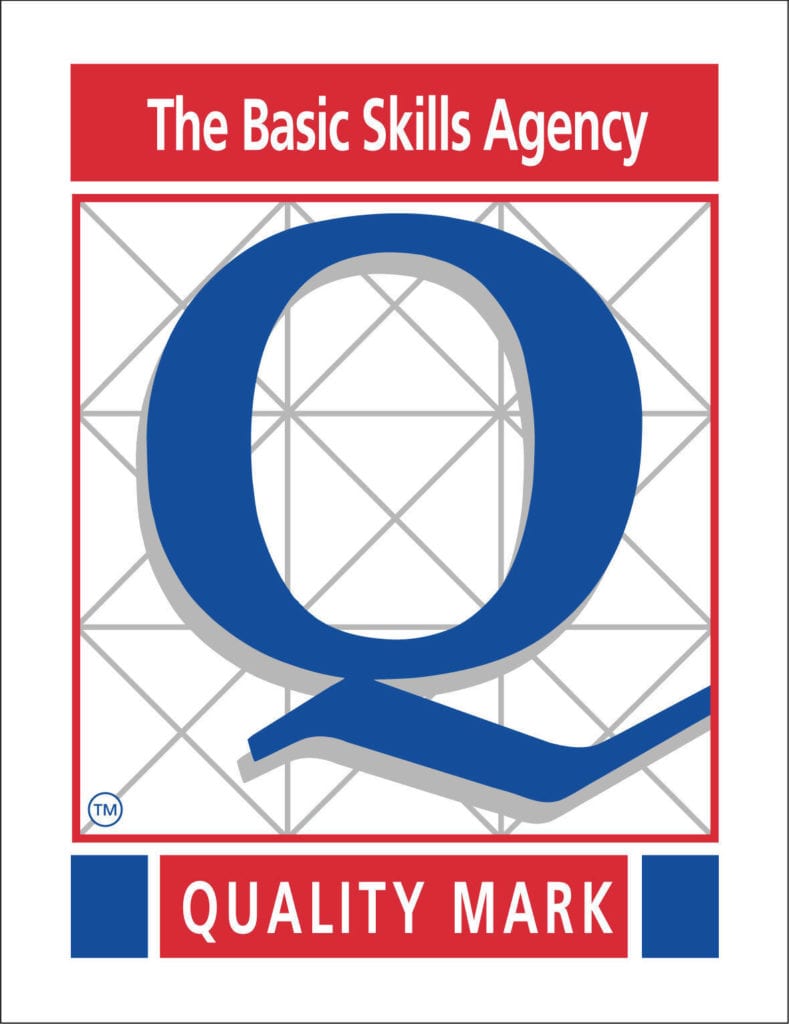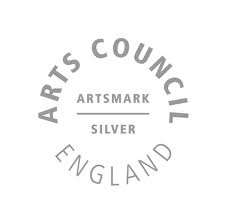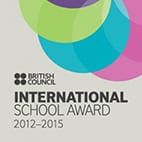Curriculum – Maths
Intent
At Consett Infant School, it is our intention that children become resilient, take risks, develop independence, show determination and are self-confident in their approach to mathematics.
Our mathematics curriculum has been designed around a set of skills and knowledge which are progressive. The sequence of knowledge and skills in mathematics is planned so that children are able to explore, embed and develop their expertise. It ensures that children are introduced to mathematical vocabulary which enables them to communicate their knowledge and understanding.
It is our intent that children experience a mathematics curriculum which is meaningful, relevant and will develop their skills as life-long learners. The planning of the mathematics curriculum ensures there is a build on of knowledge, skills and understanding through each year group and that children are well prepared for the next stage in their school careers, including transition into Year 3 and their new school.
At Consett Infant School, it is our intention that children become fluent, confident mathematicians who are able to solve problems, offer reasons and think logically as a result of a carefully planned and delivered mathematics curriculum which is based on the principles and guidance of the 2014 National Curriculum and is supplemented by the White Rose Maths scheme which takes a mastery approach to mathematics. The intention of White Rose maths is to provide an ambitious, connected curriculum which is accessible to all pupils. Whilst we use this as a scheme, it will not interfere with professional judgement. It is intended to develop pupils into mathematical thinkers. We use a mastery approach for teaching maths, which does not solely focus on fluency, but also on reasoning and problem solving and providing opportunities to reason and problem solve throughout lessons, not just in written work.
Implementation
At Consett Infant School, our mathematics curriculum is designed to provide children with the best possible opportunities to learn and develop skills and understanding which can be committed to long term memory.
Our mathematics curriculum has been split into three terms which cover the academic year. For each year group, children focus on Number, Calculations, Shape, Space and Measures each term and additionally Statistics is introduced in Year 2.
Mathematics is timetabled daily and focuses on the knowledge, skills and understanding which has been outlined in the small steps of White Rose maths. White Rose maths is delivered in blocks coving the afore-mentioned units of mathematics. These are structured in a way where children learn the building blocks for each unit before moving on, for example; place value before addition and subtraction and addition (repeated) before multiplication. Shape and measure units are placed where they are to ensure students have a range of mathematical experiences throughout the year. In year 2 the Curriculum has been prioritised to focus on number and calculations first. Children then have a wider range of mathematical experiences in shape, measure, and statistics in the summer term.
Teachers use key objectives to plan work which develops children’s procedural fluency as well as their conceptual understanding. They use White Rose maths to inform the sequential order in which the children will be taught but can supplement this with a range of resources (such as NCTEM and Nrich) to plan and deliver a solid foundation on which children are able to learn and build on their knowledge, skills and understanding in mathematics.
Where possible, children work through the learning objectives as a class, at a level which is appropriate to them. This may be differentiated through level of support and method of teaching. The main aim is that most children within the year group will be working at an age-appropriate level as set out in the National Curriculum.
Children with Special Educational Needs are supported and an appropriate mathematical curriculum which has been differentiated and matched to their individual need is delivered to them. Specific targets for children with SEND are contained within their SEN Support Plans
Reasoning and problem-solving elements are incorporated into lessons to promote mastery and challenge for children who are more able by giving them opportunities to work at greater depth within their specific year group content.
In mathematics, children are taught to move between concrete, pictorial and abstract representations to develop mathematical skills and understanding. They are taught to record calculations alongside the use of practical apparatus and visual representations to develop fluency in their use of formal written methods.
Teachers encourage children to think and explain their reasoning through the use of carefully considered questions. In explanations, children are encouraged to use correct mathematical vocabulary and speak in clear, coherent sentences in order to explain mathematical thinking. Children are supported in their structuring of responses by teachers modelling and rephrasing responses where appropriate.
Children are offered regular practice of skills through Flashback 4 which supports them to retain what they have been taught before.
Impact
All children are exposed to high quality teaching, a carefully planned and designed mathematics curriculum, and age-appropriate opportunities to develop and enhance knowledge, skills and understanding.
Impact relating to how well children are developing their mathematical skills, knowledge and understanding is evaluated on a termly basis as teachers track progress, determining whether a child is Emerging, Developing or Secure in identified key objectives for that term. The impact of deep learning is determined by children being able to apply their learning to a range of situations, thinking logically and offering reasoned explanations – when children are confident and competent at doing this, they can be seen to be working at Greater Depth within their year group.
In addition, for children in Reception and Year 2, the impact of the mathematics they have been taught is determined by end of Foundation Stage and Key Stage One assessments and the collation of results which can be measured and analysed against those of other schools on a national basis.
At Consett Infant School, the most significant impact of our curriculum is that children are confident, independent, resilient and determined mathematicians who can express their thinking in a clear, articulate and confident manner. This is the ultimate aspiration for children’s mathematical learning in our school.
Please see attached the Progression Maps for Mathematics and the Medium Term Planning for Summer 2.








